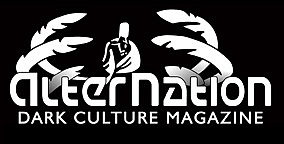Trip-hop
A "type of dance music, played on electronic instruments and with a slow beat", according to Longman Dictionary, trip-hop (also known in the past as the "Bristol sound") is, in fact, a musical movement that started in Bristol, UK. The tag isn't limited to Bristol-based bands though; bands as far as Canada (eg. Perfume Tree) or Costa Rica (eg. Úztari) have been considered 'trip-hop'. Many 'trip-hop' bands like Massive Attack, Portishead or Tricky have denied the term though, claiming it to be "an invention of media journalists". (It was in fact coined by Luke Vibert aka Wagon Christ).
Trip-hop music is widely considered to be part of electronic music. However, unlike most sub-genres of electronic music, trip-hop has a mostly organic sound that rarely puts emphasis on electronic instruments. At first, bands like Portishead have been considered 'alternative rock' in the lack of a term like trip-hop; however, the message of most trip-hop music is different from the message of most rock music. Also, guitars aren't used often and, when they are used, they are used in a moderate proportion, whilst drums and vocals are the main instruments. Trip-hop couldn't be considered pop music, as most trip-hop music hasn't reached enough popularity, while popular bands like Massive Attack aren't associated with pop music.
Trip-hop is considered to be a very abused tag, used for artists that couldn't be considered 'trip-hop'. After the initial success generated by Portishead's Dummy album, in the mid-/late '90s discussion took place on the subject of so-called 'trip-hop' bands using the Portishead formula without presenting enough innovations to be considered not clones. In reality, very few bands replicated the exact Portishead sound; there were many pop-oriented bands who didn't used the 'cabaret noir' elements of the Portishead sound, for instance, often resulting in a sound that resembles Morcheeba or Hooverphonic. Even so, many such bands presented special elements or contributions that made them overcome the 'Portishead clone' tag and enter the ranks of trip-hop databases such as Tripofagia or Tripnotic.
At most of the artists/bands of this movement, hip-hop, dub, reggae, techno, rockand pop could be identified. However, being a musical movement, not a fully fleshed out sub-genre, it is hard to identify a recipe for all trip-hop artists. Most commonly, artists/bands that can be deemed trip-hop are identified by their sound. However, many artists/bands also include a variety of influences, making it sometimes hard to consider them trip-hop. For instance, bands like Hungry Lucy or Sunday Munich are influenced by goth/darkwave/ethereal; projects like Sestatee or early material from Amstrong use industrial elements; also, many bands like Halou, Bowery Electric or Lunascape draw their influence from dream pop/shoegazer music.
Considering the aforementioned confusion regarding the use of this tag, many artists from genres such as instrumental hip-hop, melodic idm, acid jazz or downtempo. In order to avoid having only beats, many instrumental hip-hop artists use (vocal) samples, often from other genres such as jazz or classical - creating an atmosphere that resembles the Bristol sound. Therefore, many artists from labels such as Ninja Tune have been associated with trip-hop, even though tags like instrumental hip-hop or acid jazz would be more fitting. There was a past version of the Wikipedia entry on trip-hop that continued the ambiguization of the terms: "(...) it can even be instrumental hip-hop, or what would be considered instrumental hip-hop if it had come out of the hip-hop scene." (cited from here) More melodic idm artists like Wagon Christ or Yppah have also been called 'trip-hop'; while both cited artists are on Ninja Tune, they were called 'trip-hop' mostly because they use beats that are specific to this sound. However, these trip-hop beats are usually distorted and also have idm-specific glitches along them.
The most often regarded confusion is the one between trip-hop and downtempo. Although trip-hop could be considered downtempo, as it is downbeat, not all trip-hop songs are downbeat and most of them are dark, tensioned, unlike most of the music associated with the term downtempo. As a result, certain downtempo artists/bands like Thievery Corporation are also regarded as trip-hop, even when it isn't the case. Further confusion is taken with terms associated with downtempo such as acid jazz, nu-jazz or lounge. Regarding this confusion, label Ayia Napa has used for one of their compilation series the title "From Trip Hop To Nu Jazz - A Smooth Transition"; suiting the title, the compilations often feature artists considered in between these tags.
Artists belong to the genre
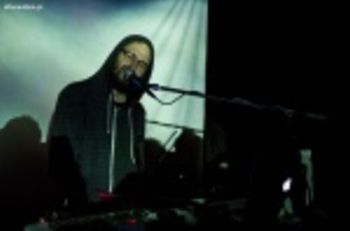 |
Arms and Sleepers |
Country: USA / Date of establishing : 2006 |
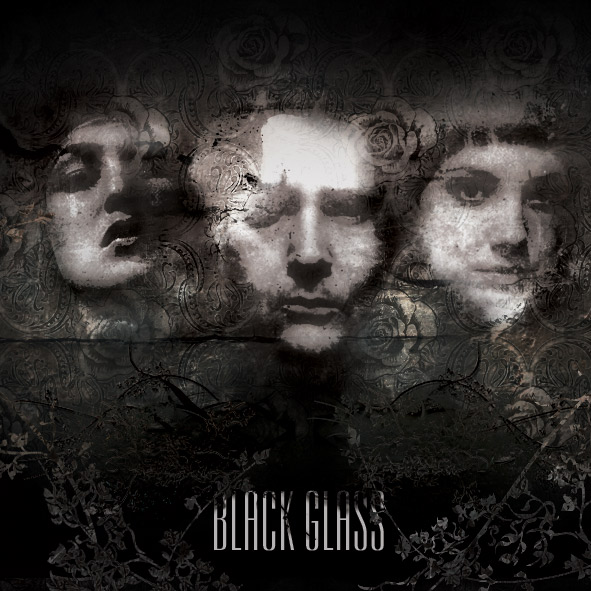 |
Black Glass |
Country: Polska / Poland / Date of establishing : 1999 |
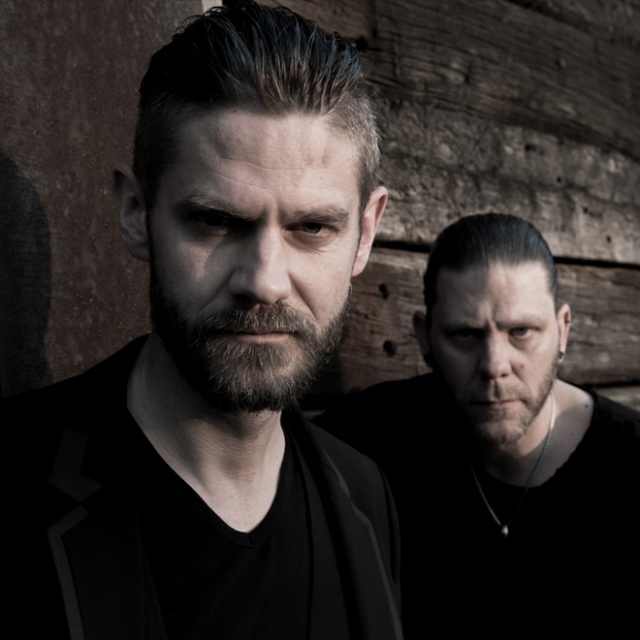 |
Coma Alliance |
Country: Niemcy / Germany / Date of establishing : 2016 |
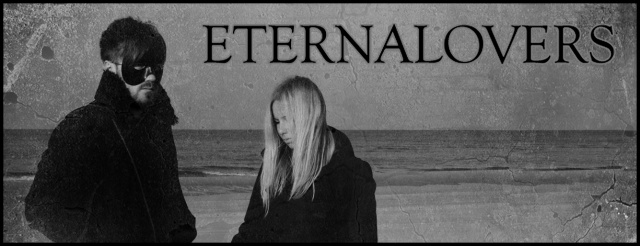 |
Eternalovers |
Country: Polska / Poland / Date of establishing : 2009-06 |
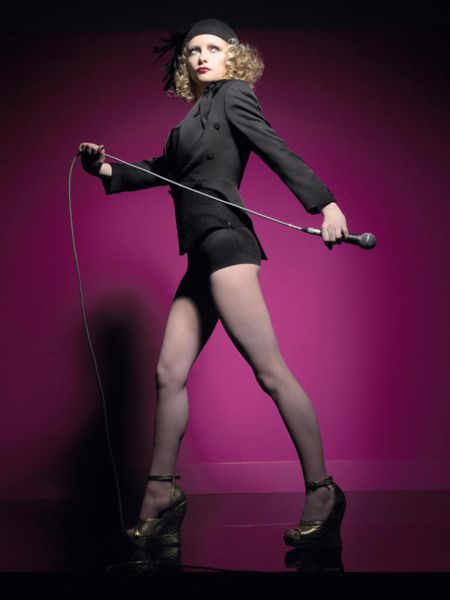 |
Goldfrapp |
Country: Wielka Brytania / United Kingdom / Date of establishing : 1999 |
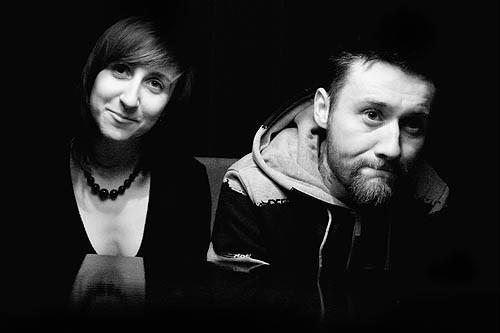 |
Margareds' |
Country: Poland / England / Date of establishing : 2006 |
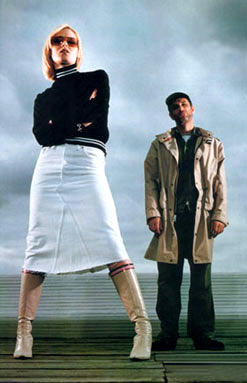 |
Moloko |
Country: Wielka Brytania / United Kingdom / Date of establishing : 1993 |
 |
Róisín Murphy |
Country: Wielka Brytania / United Kingdom / Date of establishing : 1973-07-05 |
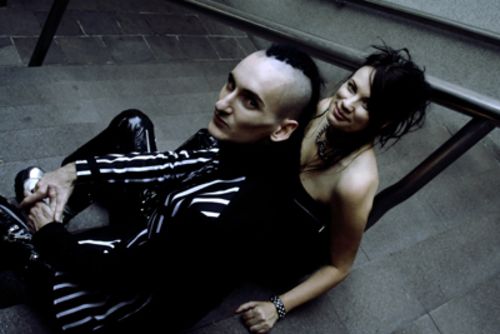 |
The Crystalline Effect |
Country: Australia / Date of establishing : 2002 |
Pages:
1
1
